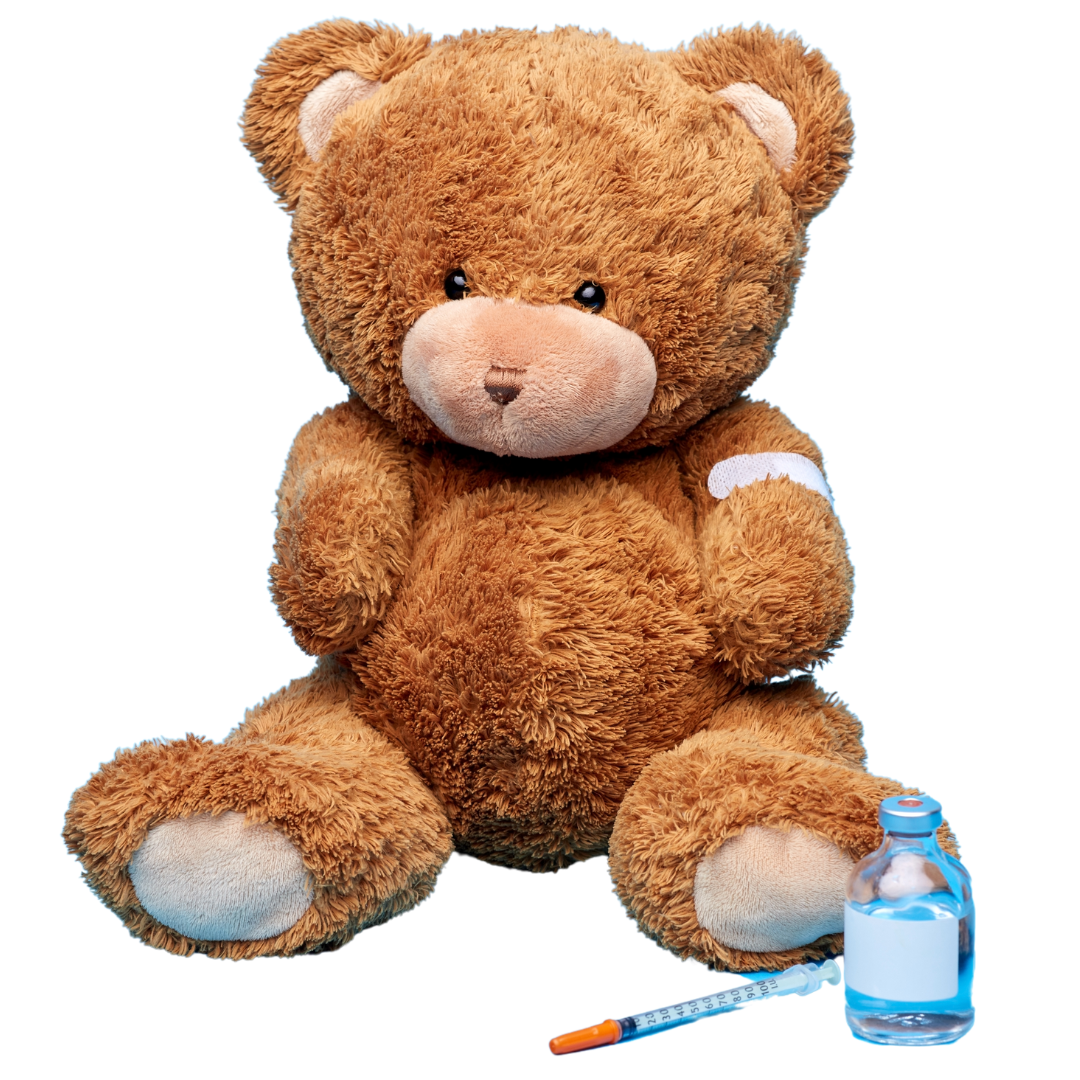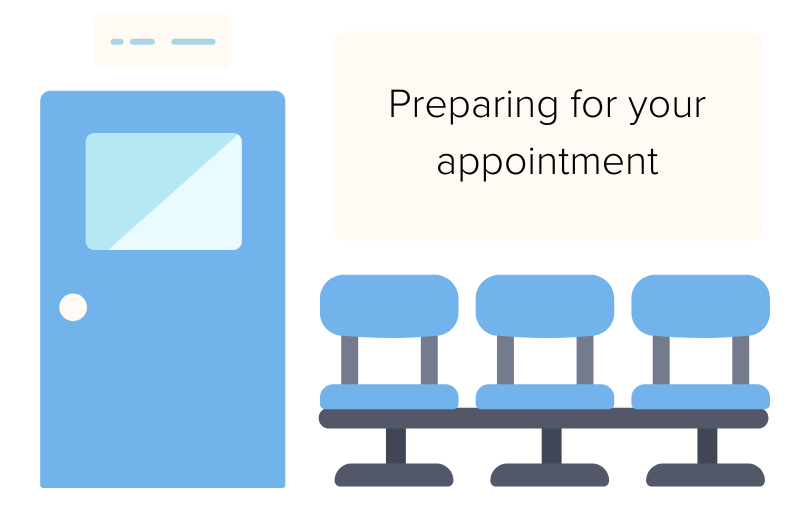
Immunisations
Why are Immunisations important?
Immunisations protect you and your child from serious illnesses, while also protecting others in your community. They undergo thorough safety testing and are closely monitored for side effects.
Children get sick more easily than adults, so it is important to protect your child from preventable illnesses.
To find out more information on why immunisations are important, click here.
The World Health Organisation (WHO) has listed vaccine hesitancy as one of the biggest threats to global health.
When should my child be having their immunisations?
For all current and up-to-date information on what, and when children should have their immunisations, visit the NHS vaccine schedule.

MMR Vaccine
The MMR vaccine is the safest and most effective way to protect your child against measles, mumps and rubella.
Young children should be offered the vaccine as part of the UK national vaccination programme. They will be offered 2 doses of the vaccine, the first one just after your child's first birthday and the second dose before they start school – usually at around 3 years and 4 months of age.
Older children, teenagers and young adults If you have never previously had MMR vaccine or have only had one dose of it, you should contact your GP surgery to arrange to catch up with your outstanding doses. Alternatively click here on how you can book you MMR vaccine.
If you have already had one dose of MMR vaccine as a young child then you will only need one further dose, no matter how long ago your first dose was given. If you need 2 doses then they can be given with a one month gap between them.
For more information on the symptoms of Measles, Mumps or Rubella click here
Flu Vaccination for 2 - 3 Year Olds
This winter you can protect your child and others from flu by making sure they get their flu vaccine.
The nasal spray vaccine is free for children aged 2 - 3 years.
Flu can be a very nasty illness in children, causing a range of symptoms including fever, dry cough, sore throat, aching joints, and extreme tiredness. The virus also spreads easily and children can pass it on to others. The flu vaccination for children is needle free. The nasal spray is given as a single squirt up each nostril; it’s quick, painless and more effective in children than an injectable vaccine.
You should have received a letter of text message invite. If you haven't, contact your GP to make an appointment.
Key messages for parents
- The flu vaccine for young children is a quick and painless nasal spray, not an injection. It’s their best protection and prevents the spread of the virus.
- Having the vaccine will help protect your child from what can be a very nasty illness in children. Children under the age of 5 years have the highest rate of hospital admissions due to flu.
- It will reduce the chance of others in your family, who could be at greater risk from flu, such as grandparents or those with long term health conditions, getting flu from your child.
- It will help to reduce flu levels in the population in the winter when there may be pressure on the NHS with coronavirus (COVID 19) and other respiratory viruses in circulation.
- It is also important because many people at risk from flu are also vulnerable to the complications of coronavirus (COVID 19) and research shows that if you get both flu and COVID 19 at the same time you may be more seriously ill.
- It can help you avoid having to take time off work or other activities because you are ill or need to look after your sick child.
- You should have received a letter of text message invite. If you haven't, contact your GP to make an appointment.

Preparing for your appointment
Preparing for your child's vaccination appointment is essential. Dress them in comfortable, easy-to-change clothes. Bring along a favourite toy for comfort. And remember to arrive early to avoid stress and ensure a smooth experience.
The NHS have a great list of do's and don't to help you and your child prepare for your vaccination appointment, click here for more information.